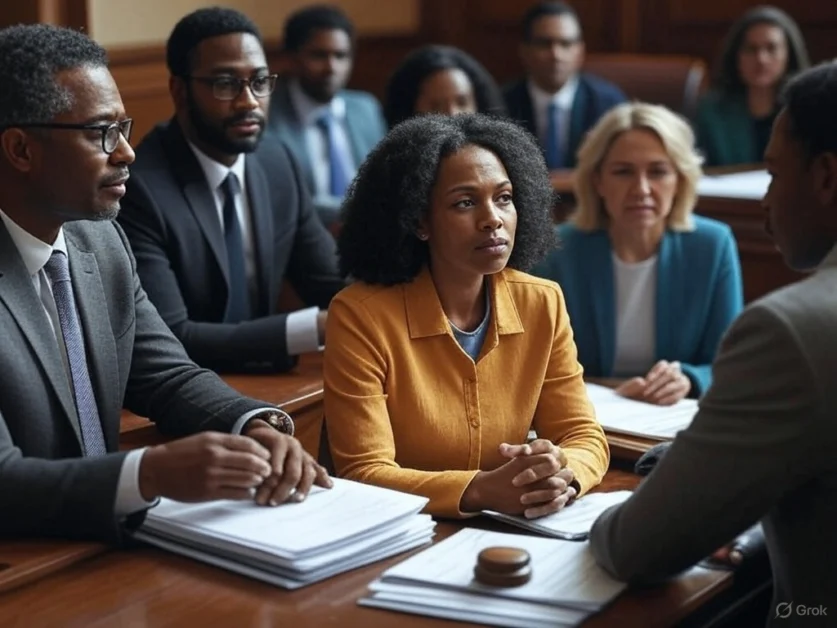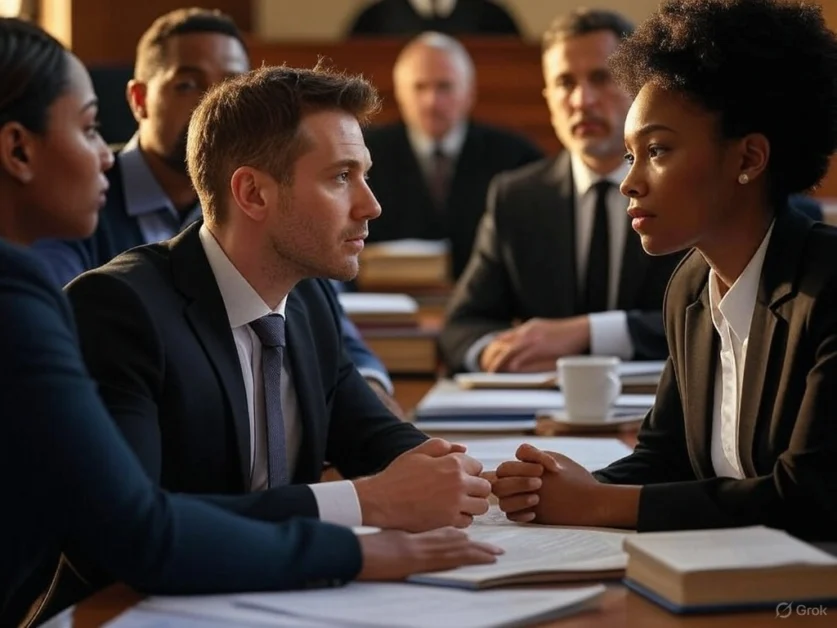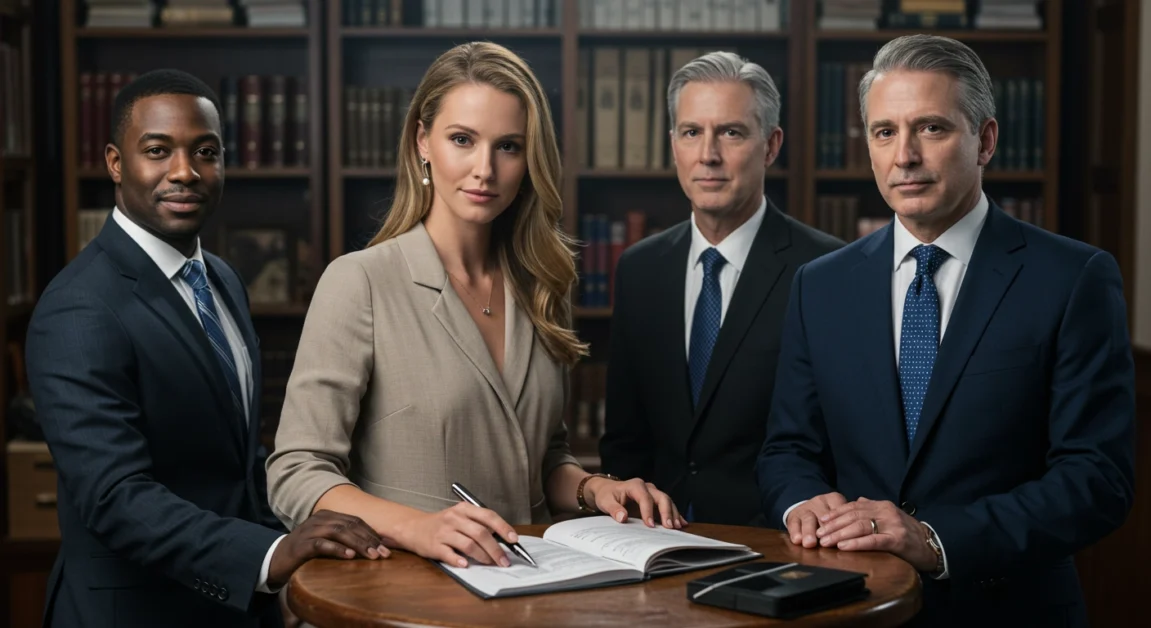When Is Mens Rea Most Important in Law?
The concepts of mens rea and actus reus form the foundational elements of criminal liability in the American legal system. Mens rea, Latin for “guilty mind,” refers to the mental state or intent behind a criminal act, while actus reus, or “guilty act,” encompasses the physical conduct constituting the crime. These two elements must typically […]
When Is Mens Rea Most Important in Law? Read More »









